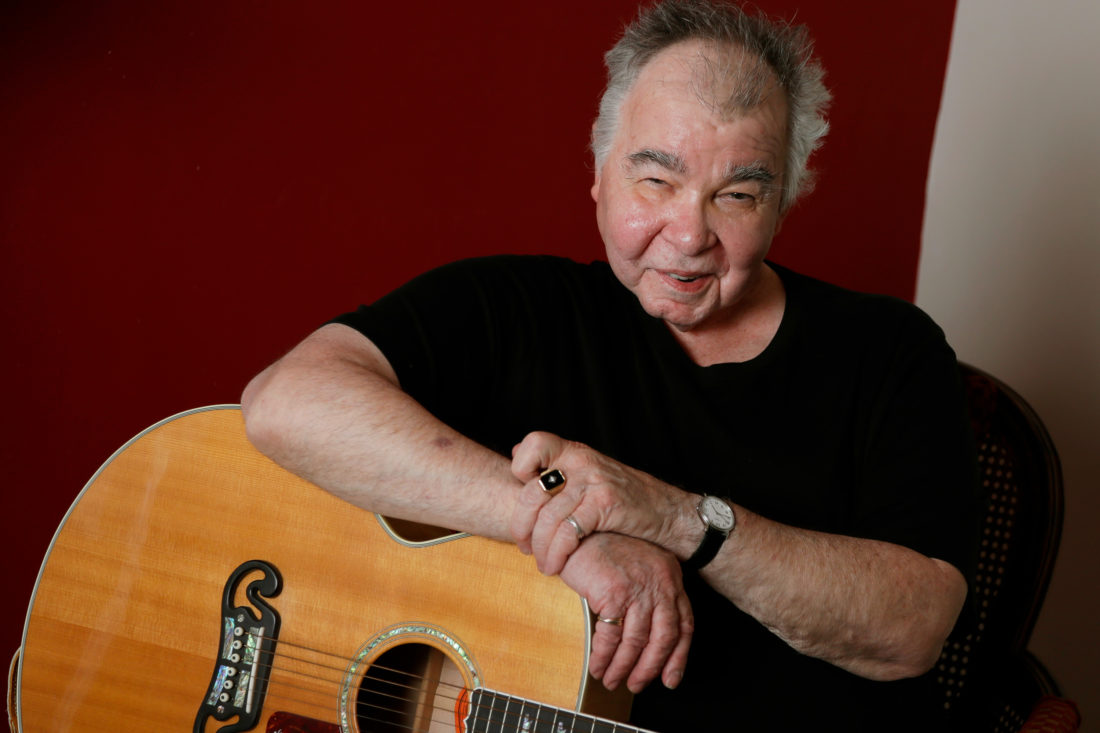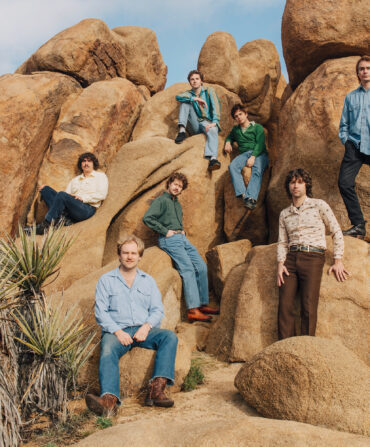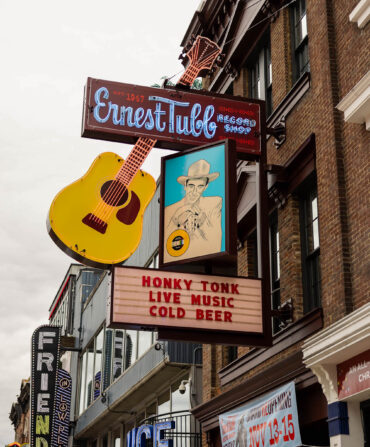When word came Sunday a week ago that John Prine was on a ventilator battling Covid-19, it already had been a tough news week. Death toll curves were climbing with no flattening in sight, while the world sat in suspended animation losing friends, co-workers, parents, spouses. Even so, this news of the stricken Prine hit like a kick in the gut to several generations of Americans.
On social media, artists of various stripes staged instant vigils—thoughts, prayers, and wait, Joan Baez standing in her kitchen singing “Hello in There,” Prine’s entreaty not to dismiss our fellow human beings “walking down the street with hollow vacant eyes.” Stephen Colbert posted a previously unaired duet of Prine and him singing “That’s the Way the World Goes Round.” Kevin Bacon and Kyra Sedgwick put up a touching amateurish version of every old married couple’s sentimental favorite, “In Spite of Ourselves.”
She thinks all my jokes are corny
Convict movies make her horny
John Prine never won a Nobel Prize. He never was, nor aspired to be Bob Dylan. When my crowd was sitting around our college hippie pads listening to Dylan and waiting to be drafted, Prine was walking a mail route in Chicago, waiting to be discovered by Roger Ebert in a Chicago folk club.
Yes, he was what we now call a “singer songwriter.” But really he was so much more. A sui generis winking bard for an age of anti-heroes, Prine was, like Dylan and a few others, a tribal poet. But unlike the Nobel Laureate, he was always accessible, rarely opaque, ever happy to perform for his fans, who felt like we were in some special club. In spite of his age (73) and multiple bouts with cancer, Prine always hit the stage with a hammer-and-tong gusto, strumming violently on his guitar like some school boy eager to show off what he’d just learned to do.
A Grammy winner who never scored a genuine chart hit as a performer, Prine was virtually unknown to many who nevertheless loved him— through the classic songs he wrote that others made into hits. Bonnie Raitt’s signature “Angel from Montgomery” comes to mind. Others mistakenly dismiss him as a writer of humorous ditties or clever word puzzles. This stoner anthem, for example:
But fortunately I have the key
to escape reality
And you may see me tonight with an illegal smile
It don’t cost very much, but it lasts a long while
Won’t you please tell the man I didn’t kill anyone
No, I’m just tryin’ to have me some fun
Prine could be hilarious, but he was no joker. Is there a more poignant lament of post-Vietnam desolation than his “Sam Stone?”
There’s a hole in Daddy’s arm where all the money goes
Jesus Christ died for nothin I suppose
Has anyone penned a more evocative elegy for America’s plundered wilderness than Prine’s “Paradise”?
Daddy, won’t you take me back to Muhlenberg County
Down by the Green River where paradise lay
Well, I’m sorry my son, but you’re too late in asking
Mr. Peabody’s coal train has hauled it away
John Prine’s music never really fit entirely in any genre—folk, rock, pop, blues, or country—but in recent years it lived comfortably in what’s called “Americana.” He didn’t have to change a thing to get there. In fact, you could argue that he invented Americana, a broad genre whose appreciation has more to do with sensibility than any sort of regionalism or generational identity. Prine was born in Illinois of folk with Appalachian roots, but his music reached the hearts and funny bones of fans everywhere who invariably saw something of ourselves and our lives in his songs.
Take me. For almost two decades I commuted to work weekly between the South and New York City. Prine’s song “Long Monday” always struck a chord.
Gonna be a long Monday
Stuck like the tick of a clock
That’s come unwound—again
Soul to soul
Heart to heart
And cheek to cheek
Come on baby
Give me a kiss
That’ll last all week
Now, after 10 days of everyone wishing it weren’t so, the great John Prine left us Tuesday night.
He’s already painted the next scene for us, along with his “nine-mile-long cigarette,” in his 2018 song “When I Get to Heaven.”
When I get to heaven
I’m gonna shake God’s hand
Thank him for more blessings
Than one man can stand
Prine also left us instructions for what to do next, in his song “Please Don’t Bury Me.”
Please don’t bury me
Down in that cold, cold ground.
No I’d rather have ‘em cut me up.
And pass me all around.
Which is, of course, exactly what we’ll do to get through this. Pass him around, for as long as we can hear.
John Huey was formerly the Editor in Chief of Time Inc.








